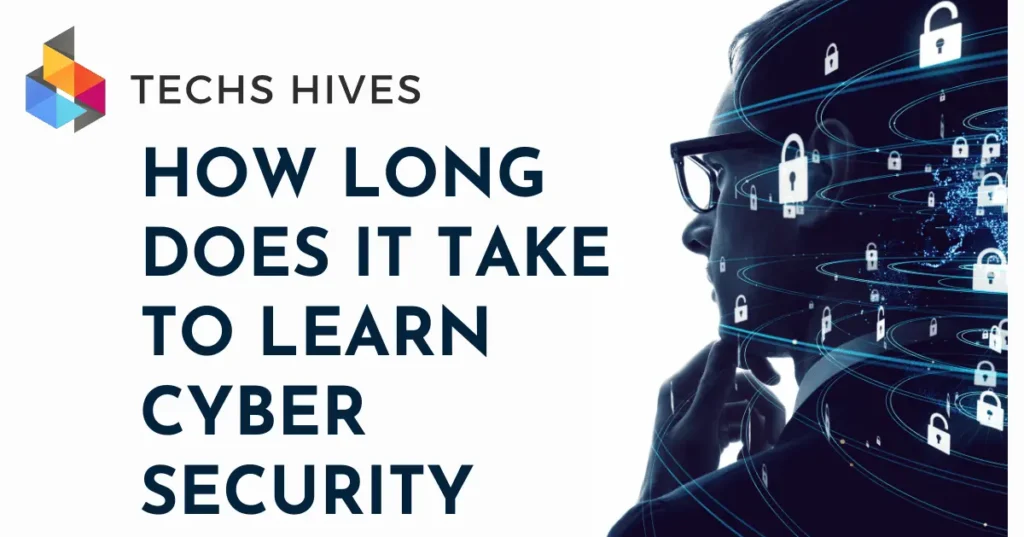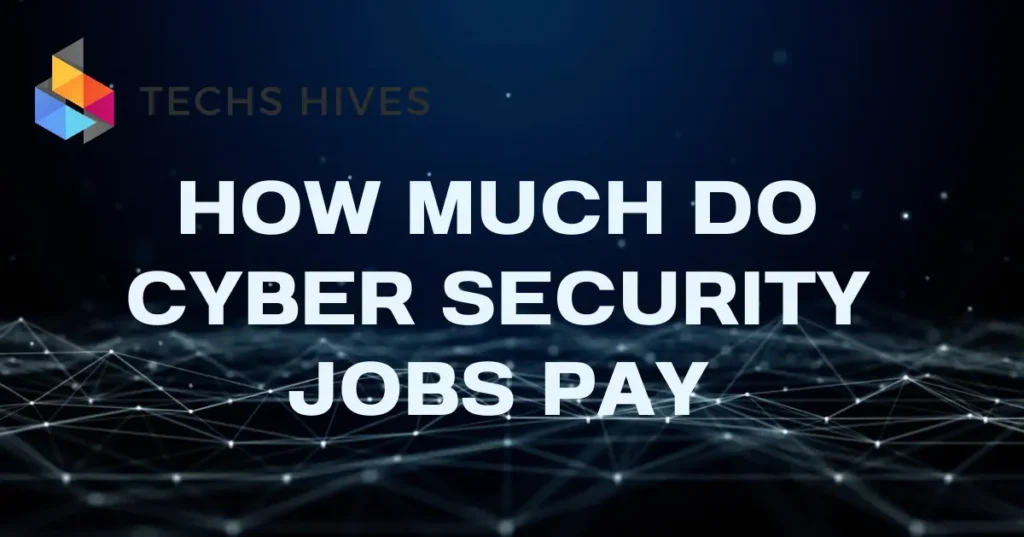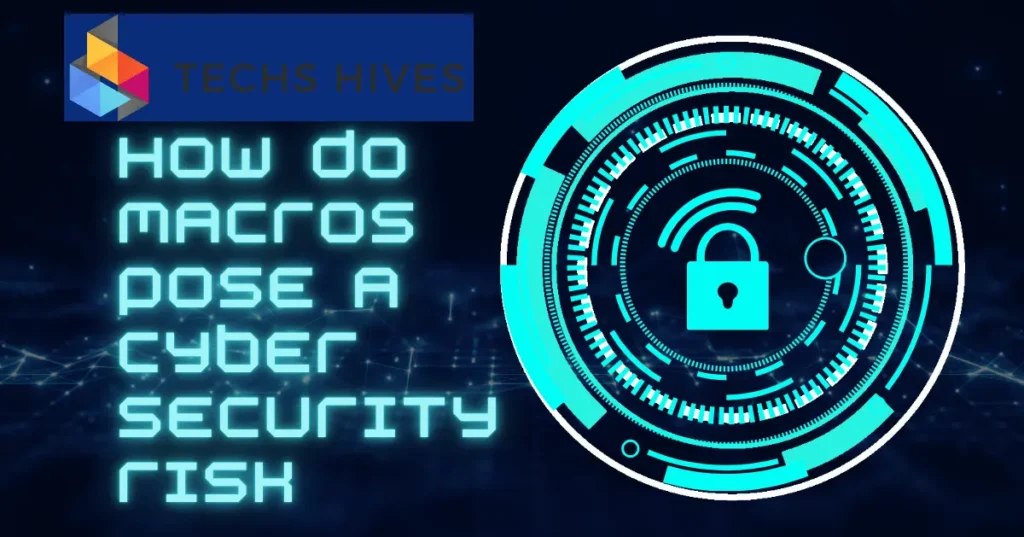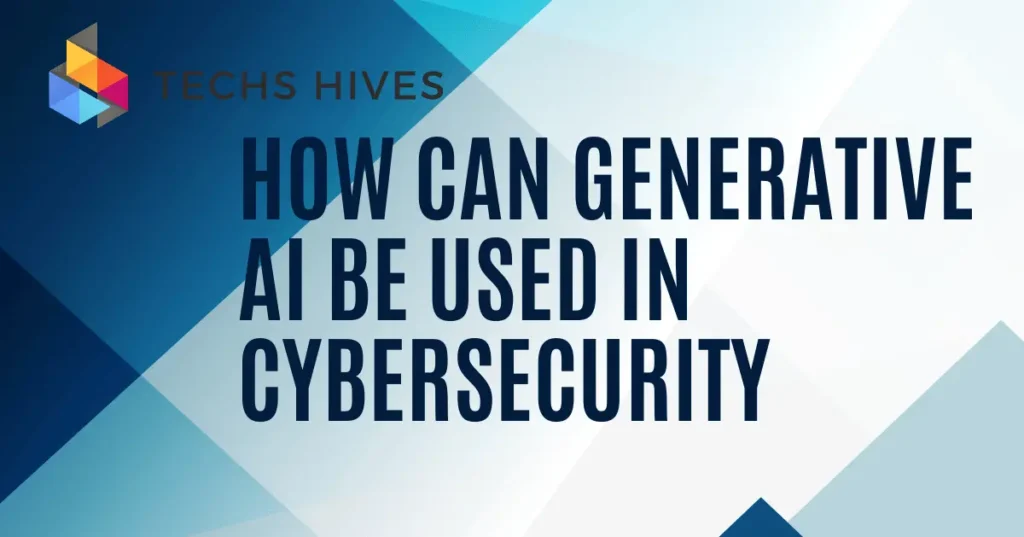Cyber security is in high demand because companies and organizations need to protect their data and systems from attacks. As more businesses move online, the risk of cyber threats increases. This creates a strong need for skilled professionals who can keep these systems safe. Many industries, like finance, healthcare, and government, are looking for cyber security experts to secure their operations.
Having cyber security skills is important because it helps prevent data breaches and protects sensitive information. It also helps stop hackers from stealing personal or financial details. These skills are valuable not only for specialized jobs but also for general IT roles. Cyber security knowledge makes you a better candidate for many positions.
Table of Contents
Factors That Affect Learning Time
1. Prior Knowledge and Experience
If you already have a background in IT, networking, or programming, you will likely learn cyber security faster. Familiarity with these areas means you won’t have to spend as much time on the basics. Beginners, however, may need extra time to understand foundational concepts like operating systems and network protocols before moving on to more advanced cyber security topics.
2. Learning Path
The path you choose for learning cyber security plays a big role in how long it will take. Formal education, like earning a degree or completing certification programs, may take longer because they offer a structured and comprehensive curriculum. On the other hand, self-study can be faster but requires strong discipline and a good selection of resources to guide you through the learning process.
3. Time Commitment
The amount of time you dedicate to studying is a crucial factor. Learning cyber security full-time allows you to immerse yourself in the material, helping you grasp concepts more quickly. Part-time learners, however, will take longer to complete their studies. The more hours you put into study and practice each week, the faster your progress will be.
4. Consistency
Consistency is key when learning cyber security. Regular study and practice help reinforce what you’ve learned and improve retention. Taking long breaks or studying inconsistently can slow your progress and make it harder to build a solid understanding of the material, especially when tackling complex subjects like encryption or network security.
5. Access to Tools and Practice
Hands-on experience is essential for learning cyber security. Access to labs, simulations, and real-world projects can greatly speed up your learning process. Practicing with tools like firewalls, penetration testing software, and network monitoring systems helps you apply theoretical knowledge and develop practical skills that are critical in the cyber security field.
Typical Learning Timelines
Beginner to Intermediate (6 Months to 1 Year)
If you’re just starting out in cyber security, it can take anywhere from 6 months to a year to reach an intermediate level. During this time, you’ll focus on learning the basics like networking, system security, and common threats. By the end of this period, you should have a good understanding of key concepts and be able to handle basic cyber security tasks, like securing a system or network. It’s important to maintain consistent study habits to progress efficiently.
Intermediate to Advanced (1 to 3 Years)
Once you’ve grasped the basics, moving from intermediate to advanced can take another 1 to 3 years. During this phase, you’ll dive deeper into advanced topics like ethical hacking, penetration testing, and threat intelligence. You’ll also work on building specialized skills in areas like incident response or cloud security. At this stage, real-world experience, such as internships or hands-on labs, becomes crucial for mastering complex concepts.
Specializations (Additional Time)
If you want to specialize in a specific area of cyber security, such as network security, cloud security, or forensics, it can take additional time beyond general training. Depending on the specialization, it may require an extra 6 months to a year of dedicated learning and practice. Specializing often involves gaining deeper knowledge and advanced certifications in that particular area.
Formal Education vs Self-study
Formal Education (Cyber Security Degrees)
Formal education, such as earning a degree in cyber security, provides a structured and comprehensive learning experience. Degree programs typically cover a wide range of topics, from basic IT skills to advanced security concepts. This method can take anywhere from two to four years, depending on whether you pursue a bachelor’s or master’s degree. A degree is highly valued by employers and can open doors to higher-level positions. However, formal education can be costly and time-consuming, which may not suit everyone’s schedule or budget.
Certification Programs
Certification programs offer a faster, more focused route than degrees. Programs like CompTIA Security+, CISSP, or CEH (Certified Ethical Hacker) target specific areas of cyber security. These certifications can often be completed within a few months to a year. While they don’t provide the broad education that a degree offers, they are highly respected in the industry and can significantly boost your employability. Certification programs are a good choice if you want to specialize quickly or improve your skills while working.
Self-study
Self-study allows for maximum flexibility, letting you learn at your own pace. You can choose resources like online courses, books, or tutorials to fit your schedule. This method can be much faster if you’re highly motivated, as there are no set timelines or formal structures to follow. However, self-study requires discipline and the ability to organize your learning path. It can also be challenging to gain practical, hands-on experience without access to labs or guided projects. While cost-effective, self-study lacks the formal recognition of a degree or certification, which may limit some job opportunities.
Benefits and Drawbacks of Each Approach
Formal education offers credibility, in-depth knowledge, and structured learning, but it requires a long-term commitment and financial investment. Certification programs are quicker and more specialized, giving you targeted skills for specific roles, though they may not provide as deep a foundation. Self-study is flexible and cost-effective, but it requires strong self-discipline and might not carry as much weight in the job market without practical experience or certifications to back it up.
Specializations in Cyber Security
1. Network Security
Network security focuses on protecting an organization’s networks from unauthorized access and attacks. Specialists set up firewalls and intrusion detection systems and monitor traffic to prevent breaches. This area requires knowledge of networking protocols and tools like VPNs and routers, making network security professionals vital for maintaining data integrity.
2. Application Security
Application security involves securing software applications from vulnerabilities that attackers can exploit. Specialists identify and fix security issues during development using code reviews and penetration testing. This specialization is critical for companies that develop apps or rely on third-party software.
3. Cloud Security
With the shift to cloud services, cloud security has become essential. Specialists in this field secure cloud infrastructures, ensuring that data is protected from unauthorized access. This role requires knowledge of cloud platforms like AWS and Microsoft Azure, as well as skills in encryption and data protection.
4. Cyber Threat Intelligence
Cyber threat intelligence (CTI) specialists gather and analyze data on potential threats like hackers and malware. They research new threats and provide insights to prevent future attacks. Strong analytical skills are needed to translate technical data into actionable information for security teams.
5. Incident Response and Forensics
Incident response and forensics specialists respond to cyber-attacks and investigate their causes. They work to contain damage, restore systems, and analyze digital evidence to understand how breaches occurred. This specialization is crucial for minimizing the impact of incidents and improving security measures.
Conclusion
Learning cyber security takes time and varies for each person. For beginners, it usually takes about 6 months to 1 year to reach an intermediate level. If you have some prior knowledge, you may progress faster. Moving from intermediate to advanced can take an additional 1 to 3 years. Specializing in a specific area, like cloud security or ethical hacking, requires more time but can enhance your job prospects.
Continuous learning is essential in cyber security due to the ever-changing landscape of threats and technologies. Whether you choose formal education, certification programs, or self-study, staying dedicated will help you succeed. Gaining practical experience through labs and projects is also important.



